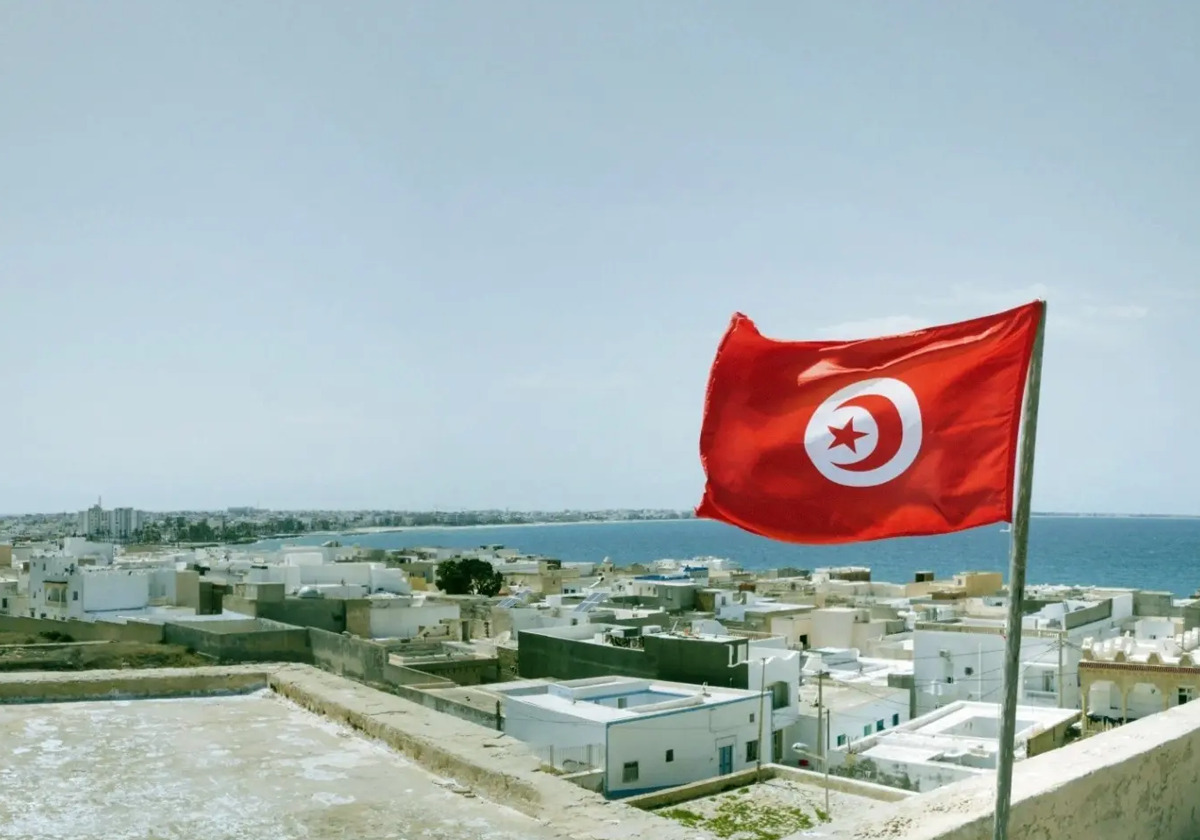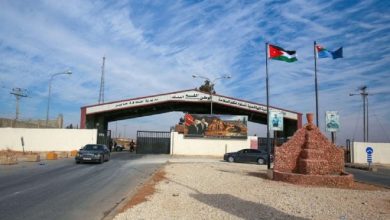Tunisia’s Bold New Divide: A Step Towards Decentralization or a Nod to the Past?

Watan – In a move that has sent ripples across Tunisia, President Qais Saeed’s recent decision to restructure the nation into five distinct geographical regions has been met with both applause and apprehension. This administrative reshuffle, a precursor to the local elections slated for December 24th, is seen by many as a strategic step towards decentralization, while others view it with skepticism.
The new division, which groups Tunisia’s 24 governorates into five regions, aims to grant each region economic autonomy, complete with its own industrial, academic, and health centers. However, the decision’s underlying motives and its potential implications have become a hotbed of debate.
While some laud the move as a progressive step towards achieving a balanced distribution of resources and fostering regional development, critics argue that it echoes past colonial divisions and serves foreign interests, particularly those of France.
As Tunisia grapples with this new reality, the nation watches with bated breath, hoping that this decision paves the way for a brighter, more decentralized future.





